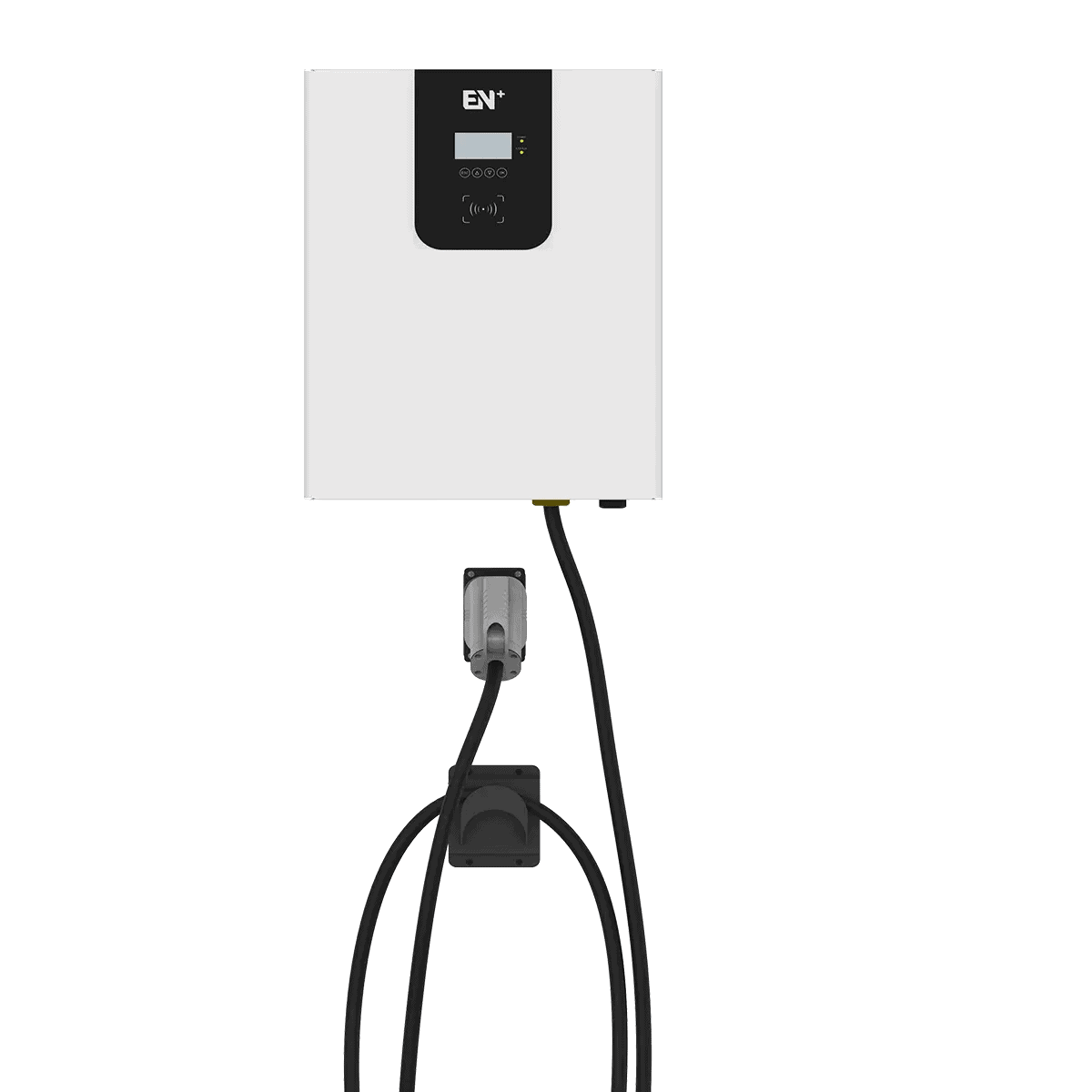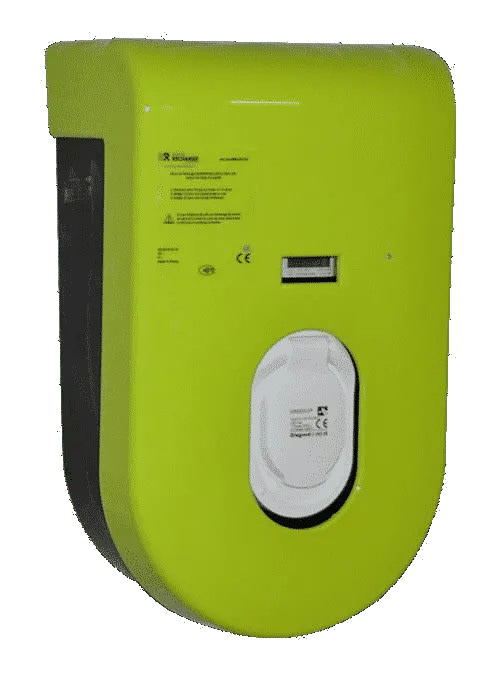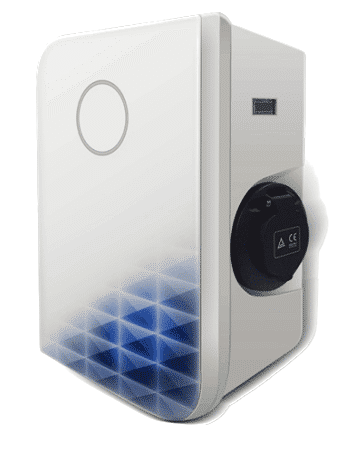How Does the Ideal Home EV Charging System Look Like?
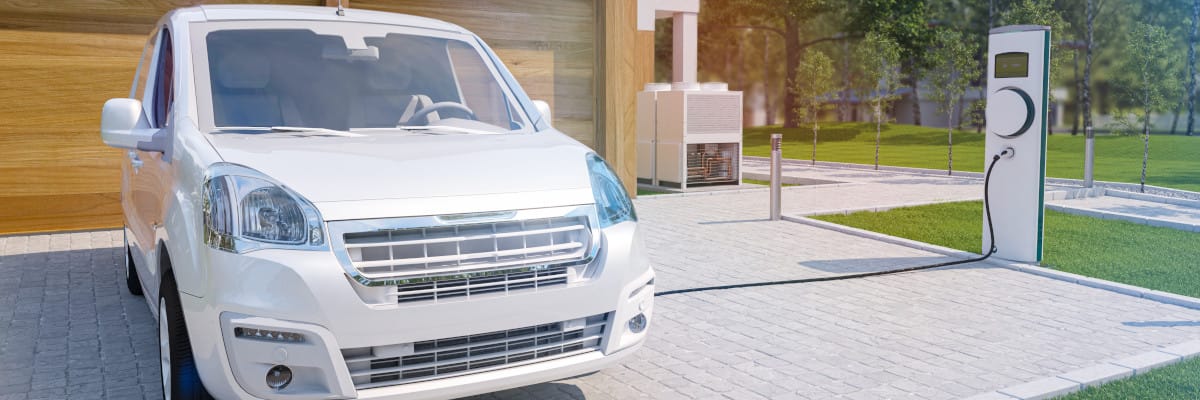
When buying a gasoline-based car, it has become commonplace to make sure you don’t buy one with fuel consumption that is too hard on your wallet and too harmful to the environment. In the same way, choosing the right home EV charging system is key to becoming cost-efficient and sustainable when it comes to electric mobility for individuals.
The multitude of different home car charging solutions for electric cars can be quite intimidating. It is worth taking a closer look to find the best EV home charging station for your needs. Learn about the details of electric car charging at home, including different types of EV home chargers, how to install a car charging point and how to charge EV at home.
Overview
Charging at Home
Home charging can be with a conventional domestic three pin plug or a dedicated charger, which is much more efficient. In the later case, charging is usually done via plug & play or RFID authentication.
EV Charger Installation
An EV charger installation at home needs to be done by a certified electrician and is completed within one working day. Most countries offer grants to cover part or all of the installation cost.
EV Charging Cables
There different types of EV charging cables and you have to make sure that it is compatible with your EV or buy an adaptor. Type 1 and Type 2 plugs are the most common plugs in EV home charging devices.
Best EV Home Chargers
There is a wide range of different types of EV home chargers, each with their own strengths and optimal conditions. We have determined the best home EV charging points in four different categories.

Get In Touch With Us
Get in touch with us to enquire about our EV home charging solutions. You can also schedule an appointment for a free and noncommital discovery call.
How to Charge Electric Car at Home
Home EV Charging - Quick Facts
- EV home charging is usually done via Plug & Play or RFID card.
- Domestic sockets charge EVs with 3kW.
- Single phase chargers deliver charging rates of up to 11kW.
- Three phase AC level 2 chargers are capable of 22kW charging.
- Smart chargers help to optimize energy flow and reduce electricity costs.
Generally, electric vehicle charging is a fairly simple process. As opposed to commercial EV charging solutions with different payment options, home EV charging systems almost exclusively use either the “Plug & Play” of RFID method.
There are important differences between a domestic charger and a dedicated EV home charger. Although both are fed by the public electricity supply, they differ radically in terms of charging rate.
Domestic Home EV Charging Systems
Most electric cars have a portable slow charger with a 3-pin plug for a domestic power socket. With 12 miles of range per hour at 3kW, this is the slowest form of charging. A full charge can take more than 24 hours with for EVs. Most manufacturers now recommend to get a wallbox installed for domestic charging, only using the 3-pin home electricity charger as emergency back-up.
![]() INFO: Extreme charge/discharge cycles are problematic for lithium-ion batteries, which are used in EVs. Charging a battery to 100% and exhausting it down to zero will reduce battery capacity in the long term.
INFO: Extreme charge/discharge cycles are problematic for lithium-ion batteries, which are used in EVs. Charging a battery to 100% and exhausting it down to zero will reduce battery capacity in the long term.
Therefore, EV manufacturers recommend charging to only 80 % of battery capacity. It doesn’t have to be exactly 80 percent; as long it doesnt reach the full 100%, the battery will be fine.
Why Dedicated Home Chargers Are Worth It
A 3.5kW charger usually suffices for home EV charging at reasonable speeds. However, the most popular chargers have a charging rate of 7kW. At this rate, you can fully charge a Nissan Leaf in just under six hours at this rate.
For charging speeds of 11kW or more, your home must have a three-phase power supply. However, most homes in the UK are only equipped with single-phase power, which is they can’t use three-phase chargers. You can apply for a three-phase upgrade through your grid operator, but this is very expensive, costing between £3,000 and £15,000.
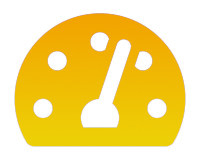
Smart Charging
EV charging at home can drastically raise electricity bills. There are options to mitigate this effect and smart home chargers offer effecive methods to keep electricity costs to a minimum.
Most electricity providers offer cheaper rates at certain times (called time of use tariff), so you can save money by properly timing your car charging. For our UK visitors, we provide a comparison of the best time of use tariff UK providers.
Smart chargers and smart plugs are equipped with intelligent energy management features and can be programmed to automatically start charging when electricity prices are cheapest.
Smart Charging Through Intelligent Metering
Depending on the capacities of the chargepoint and EV, sustained high loads can quickly damage the circuits of either device. To avoid any damage to the main fuse, high-quality smart home chargers automatically balance the power drawn from the chargepoint with the energy flow of the house. This way, overloads to the charger will be prevented.
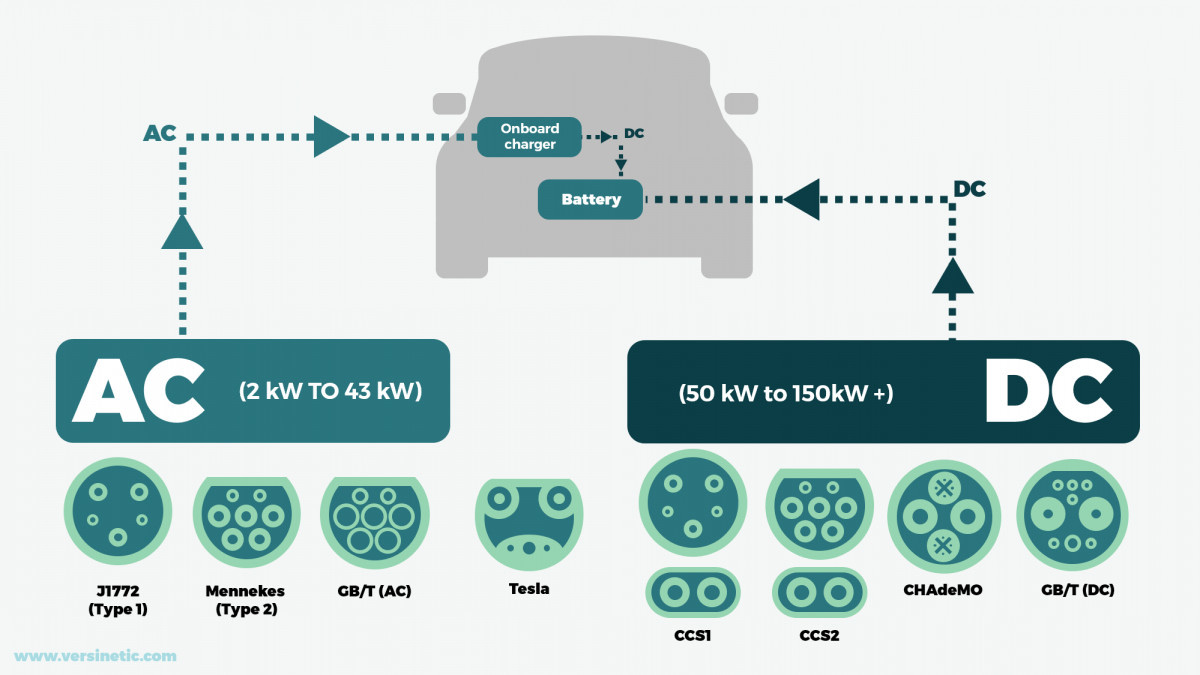
..Source: versinetic.com
EV Charging Cables
There are different types of EV charging cables and plugs. Make sure you have the correct cable to charge your car. If your EV charger has a different plug than your car, you can use an EV charging adapter.
Types of EV Charging Cables
- Household socket: Standard 3-pin socket (max. output: 3kW).
- Type 1: Single-phase plug (max. output: 7.4kW).
- Type 2: European standard plug (max. output: 43kW).
- CCS/CCS2: DC fast charging plug. (max. output: 50 kW).
- CHAdeMO: Rapid charging plug (max. output: 400 kW).

Are you an EV charger manufacturer looking for spare parts? Check out our EV charger accessories and components! Read more »
What is the Best Electric Car Charging Station for Home?
Many electric car owners end up paying more than necessary because they did not precisely define their specific needs for their home EV charging system. User requirements should be the key factor when buying an electric vehicle charger while keeping the EV home charging cost to a minimum.
We sorted out the most common criteria for EV home chargers and compare EV chargers in the following categories:
- Best Home Car Charger – Overall
- Fastest Home Car Charger
- Cheapest Home Car Charger
- Best Hybrid Car Charger
Note that these are general recommendations that do not replace a detailed EV charger comparison that take your personal needs and cicumstances into account.
To help you make the most informed decision, we invite you to schedule an appointment for a free online consultation.
Best Home Charging Station – Overall

11 kW Smart Home Wallbox
The Smart Home Series Wallbox of EN Plus is a great allround-device excelling in performance and versatility. With a power output of 11kW, it fully charges most EVs in under 4 hours.
Similar in design and concept, this charger provides a cost-effective alternative to the ChargePoint Home Flex and a great home hub for your EV.
Smart management and an accompanying internal cloud platform allow for efficient control scheduling, energy metering and user notifications to control your home charging device.
- Best EV Charger for Home
- Smart EV charger
- Remote control via app
- Wall-mount or floorstand
- Automated charging schedules
- 2 Years Warranty
Being part of the DC fast chargers line, the Polaris DC20 offers a solution for homeowners without the high cost inherent to fast chargers.
Compared to a slower 7kW charging point, the Polaris Wallbox reduces charging time by up to 6.5 hours.
In addition to an elegant design, an LCD touch screen display and several next-generation features make the Polaris Wallbox a state-of-the-art fast home charger.
The 3,5 kW Smart Home Wallbox of our in-house brand BRS is designed for homeowners looking for higher charging capacities than domestic three pin plug sockets for a reasonable price.
Emphasising practicality, this home wall charger for electric cars combines low cost with several smart charging features, yielding splendid value for money.
The charger supports Wi Fi and Bluetooth and is based on the European standard Type 2, which can charge almost any modern EV. A shutter allows for Type 2S charging for French users.
- Cheapest EV Home Charger
- Smart Charging
- Smart Energy Meter
- WiFi/Bluetooth-Support
- Type 2/Type 2S Socket
- Intelligent Load Balancing
The big brother of the 3.5 kW Smart Home Wallbox is a perfect choice for hybrid charging points, as 7 kW are enough to charge the relatively small batteries of plug in hybrid cars very quickly.
Building on a smart energy management system, this 7kW charger offers several next-generation features like OCCP communication and load balance through intelligent metering .
Being a smart home device, the charger can also be controlled by an app using a smartphone or Apple Watch.
How to Install Electric Car Charging Station at Home
Install Car Charger at Home
- EV home charger installation can only be done by a certified professional.
- Wall chargers are mounted on a wall and then connected to the power grid.
- The complete EV charging point installation takes around three hours.
To conduct an electric car charger home installation, you will have to hire a specialist installer. If you order an home EV charging system through a full solution provider like us, the EV charge point installation cost is already included in the price.
You will be asked to provide detailed information about the desired location of your home EV charging system. Be prepared to provide pictures of the location.
NOTE: It is important that you provide as accurate information as possible for a precise quote. Feel free to schedule an appointment for a free online consultation with our engineering team to discuss a custom solution optimized to your individual needs.
Cost to Install Car Charging Point at Home
The cost of installing an EV home charging point generally makes up around 10% of the total electric charging points cost. The exact EV home charging installation cost varies from case to case and depends on a number of factors.
Cost of Installing Car Charging Point – Key Factors
- Charger model
- Charger size
- Charger weight
- Location
- Spatial conditions
- Grant eligibility
Government grants
Most European governments have grants for home charging units that cover up to of 75% of the installation cost. We will provide you with free and noncommital consultation on EV charger grants in your area.
EV Charging Grants in the EU & UK
- UK (OLEV Grant)
- France (Prime à la Conversion, Bonus Ecologique)
- Germany (KfW Bank 900 € grant)
If the grant application sounds like a lot of paperwork, don’t worry. After you provided us with the relevant information, we will check whether you are eligible for an EV home charging grant and take care of the application process from that point. Contact us or schedule an appointment for a free consultation about our EV home charging kit solutions.

Reading Tip: Commercial EV Charging

To find out more about commercial EV charging solutions, check our guide to EV charging for commercial & business applications. We also discuss how Google Nest (a software for security cameras) might transform the EV charging industry.
Home EV Charging System FAQ
What is the Best Home EV Charger?
We maintain strict and exceptionally high quality standards for our EV home charger products. We have created a product ranking based on customer reviews and technical specifications. Note that this does not replace a detailed comparison, but helps to determine how our products compare with other popular brands.
- EN Plus: 11 kW Smart Home Series Wallbox
- 22kW Zappi Charger
- EN Plus: 7 kW Smart Home Series Wallbox
- Pod Point Solo 3
- Wallbox Pulsar
- BRS 7kW Wallbox
- BRS 3.5kW Wallbox
- Project EV 07S-S
What Is the OZEV Grant?
How to Get a Car Charging Point Installed?
- Check for eligible EV home charger installation grants in your area.
- Find a service provider in your area to install electric chargers at home.
- Schedule an appointment for your electric charging station installation.
- Most EV charging installations are finished within 24 hours of the appointment.
